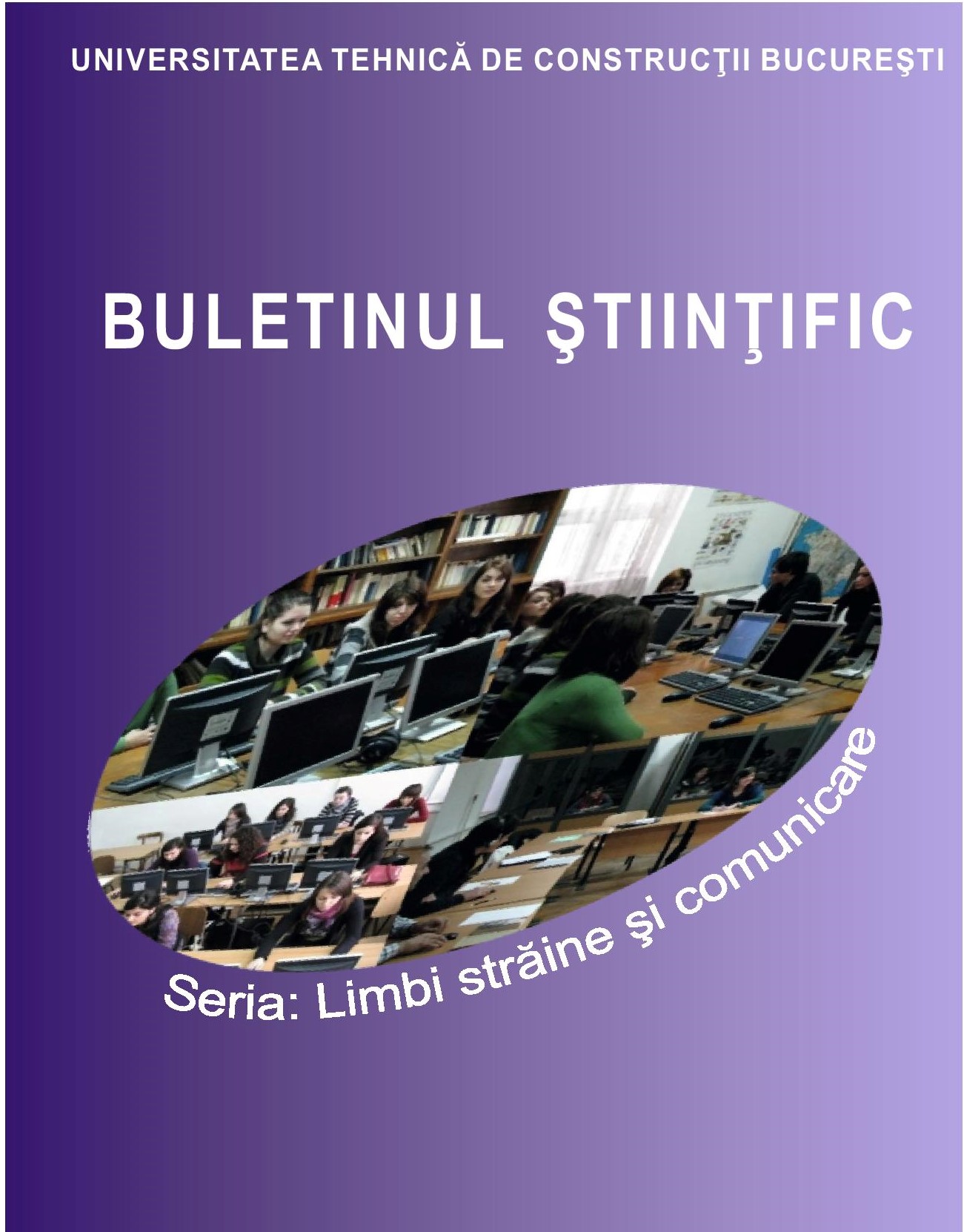ASPECTE ALE TEORIEI COMUNICĂRII DE MASĂ
ASPECTS OF MASS COMMUNICATION THEORY
Author(s): Aura GherguțSubject(s): Language studies, Foreign languages learning, Theoretical Linguistics, Applied Linguistics, Philology, Translation Studies
Published by: Editura Conspress
Keywords: mass-communication; mass-media; communicative action; public sphere; private sphere
Summary/Abstract: Mass communication is the academic study of how individuals and entities relay information through mass media to large segments of the population at the same time. It is usually understood to relate to newspaper and magazine publishing, radio, television and film, as these are used both for disseminating news and for advertising. The article tackles Jurgen Habermass’s concept of „communicative action”. The concept of mass communication can be considered a wider concept than communication by mass media (press, television, radio), including also movies, advertising, the industry of show-biz, etc. Boundaries between public and private, the individual and society, the system and the lifeworld are deteriorating. Habermas's theoretical system is devoted to revealing the possibility of reason, emancipation, and rational-critical communication latent in modern institutions and in the human capacity to deliberate and pursue rational interests.
- Issue Year: VII/2014
- Issue No: 1
- Page Range: 27-33
- Page Count: 7
- Language: English

